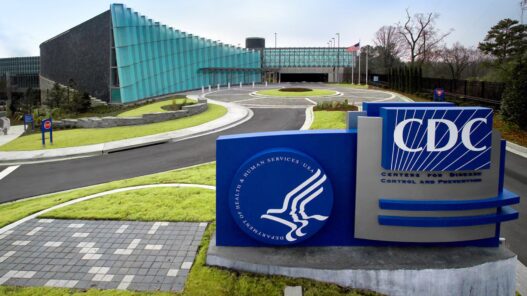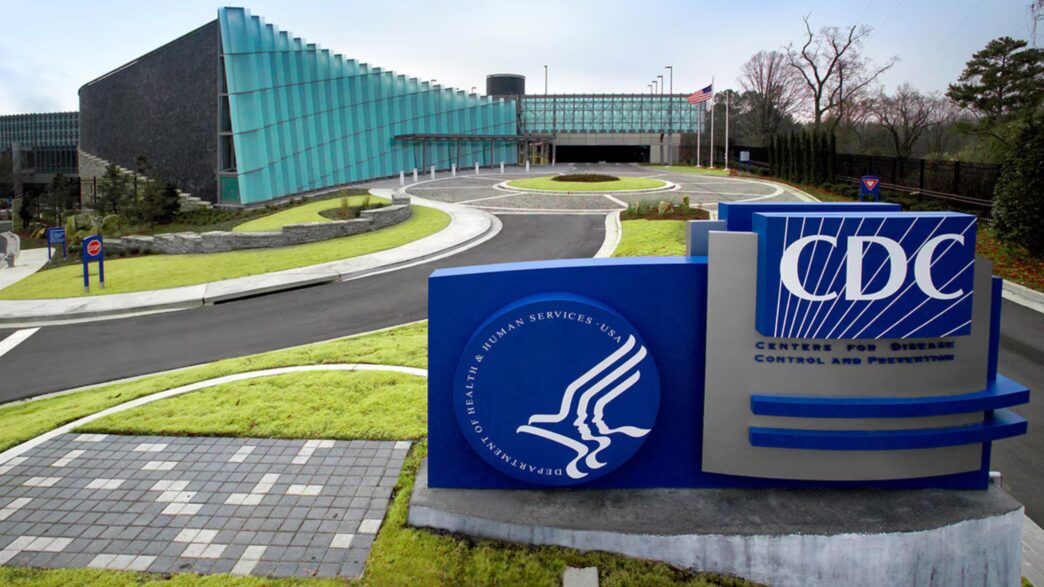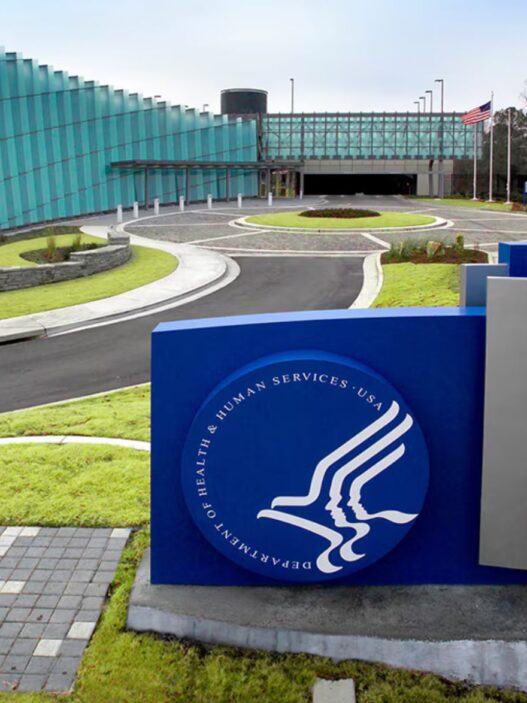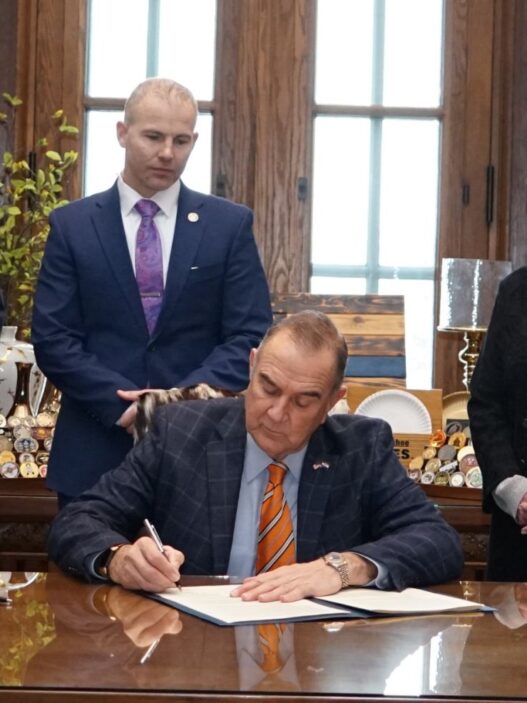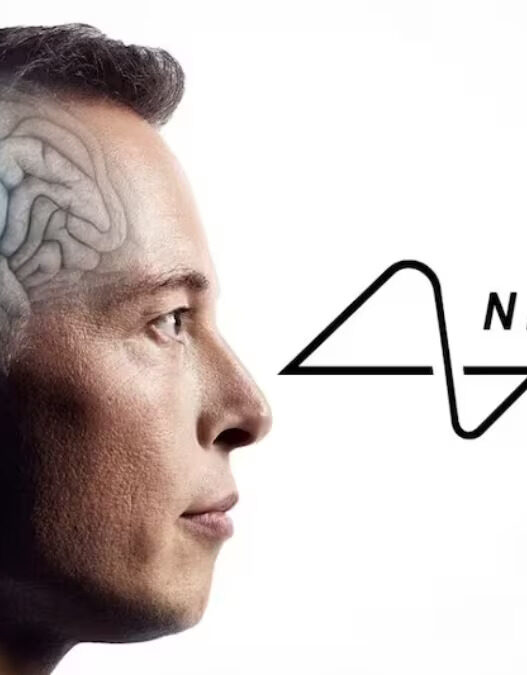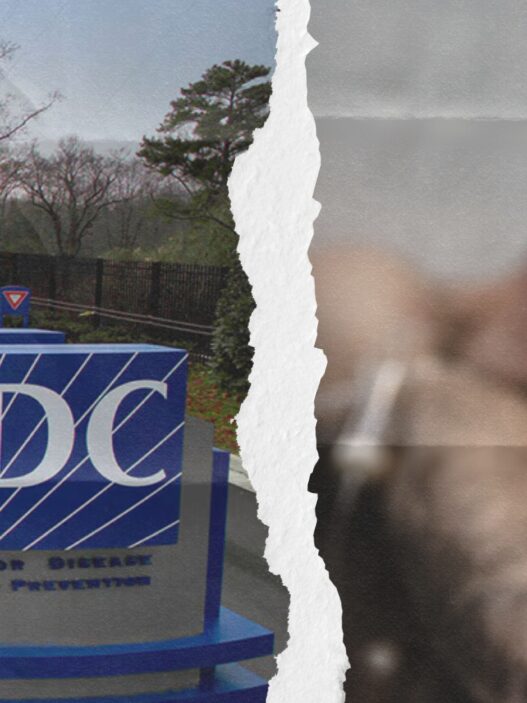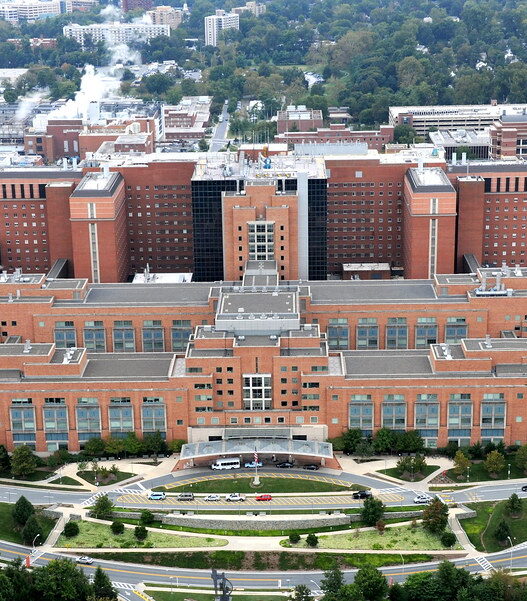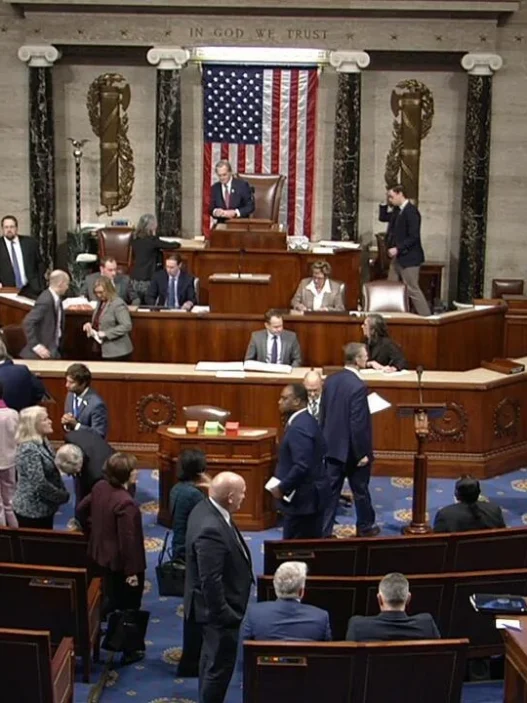A newly released investigation has revealed that Trump administration officials attempted to influence the Centers for Disease Control and Prevention (CDC) during the early stages of the COVID-19 pandemic.
The focus of this interference was the Morbidity and Mortality Weekly Report (MMWR) a long-standing publication from the CDC that provides critical public health data and recommendations.
According to internal documents and interviews, political appointees pressured scientists to alter or delay reports that might reflect poorly on the administration’s handling of the pandemic.
The findings raise concerns about political influence over public health messaging and how it may have impacted the nation’s response to COVID-19.
What is the MMWR and Why Does It Matter?
The Morbidity and Mortality Weekly Report (MMWR) is a highly respected scientific publication used by public health experts, policymakers, and doctors to track diseases, outbreaks, and other health trends.
The data in these reports helps guide decision-making, ensuring that health policies and recommendations are based on the best available science.
For decades, the CDC’s MMWR has been considered one of the most trusted sources of public health information, free from political interference.
However, the new report suggests that during the Trump administration, this independence was compromised.
Allegations of Political Influence
Investigators found that senior officials within the Department of Health and Human Services (HHS) worked behind the scenes to shape the CDC’s messaging. Key findings from the report include:
- Attempts to alter scientific reports – Officials reportedly tried to change language in MMWR articles to align with White House talking points, downplaying the severity of COVID-19.
- Delays in publishing data – Some reports that highlighted rising case numbers, mask effectiveness, and other critical health findings were reportedly delayed or blocked.
- Pressure to align with the administration’s messaging – CDC scientists were reportedly urged to avoid contradicting statements made by the White House, even when the data suggested otherwise.
These efforts, according to the report, undermined the CDC’s credibility and may have led to confusion among public health officials and the general public during a critical time.
The Impact on Public Health
Public health experts argue that any attempt to alter or suppress scientific data can have serious consequences.
During a pandemic, accurate and timely information is essential for:
- Guiding public health policies, such as mask mandates and social distancing recommendations.
- Building public trust in health institutions and recommendations.
- Helping state and local officials prepare for surges and allocate resources effectively.
The investigation suggests that the lack of transparency and political pressure may have contributed to delayed responses, inconsistent messaging, and public skepticism toward health guidelines.
How the CDC Responded
CDC officials reportedly pushed back against many of these efforts, resisting changes that would compromise scientific integrity.
Despite political pressure, the agency continued to publish many reports with accurate data, though some were delayed or modified.
Since the pandemic, the CDC has taken steps to reaffirm its independence, with new policies aimed at shielding scientific reports from political interference.
The agency has emphasized the need for clear, transparent, and science-based communication to regain public trust.
What Happens Next?
The investigation has renewed discussions about the role of politics in public health and whether stronger protections are needed to keep agencies like the CDC independent.
Some lawmakers have called for new policies to prevent political appointees from interfering with scientific publications, while others argue that the government should have more oversight in shaping health messaging.
As the country continues to navigate post-pandemic challenges, one question remains:
How can we ensure that public health decisions are based on science, not politics?
Final Thoughts
The COVID-19 pandemic exposed many vulnerabilities in the U.S. public health system, and the findings of this investigation raise concerns about the integrity of health information during a crisis.
Trust in science is essential for public safety, policymaking, and effective health interventions.
Going forward, maintaining clear boundaries between politics and science will be crucial in preparing for future public health emergencies, and ensuring that Americans receive accurate, timely, and unbiased health information when they need it most.











